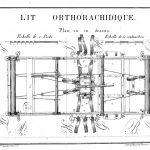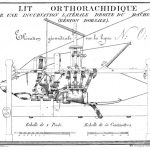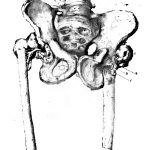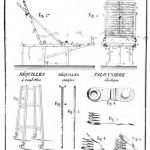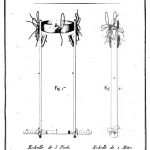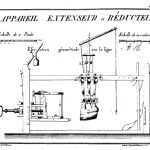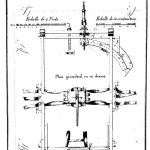Tag: medicine
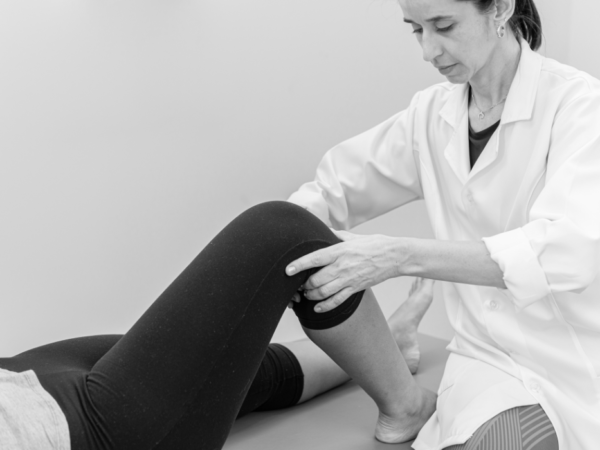
The Unique Case of Doctors becoming Physiotherapists
The health workforce is hierarchical and movement across professions is almost always upwards as individuals seek higher reward, recompense and status. Only rarely is there is movement downward. This story tells of a unique occurrence in Israel in the late 20th century where necessity caused qualified medical practitioners to retrain …
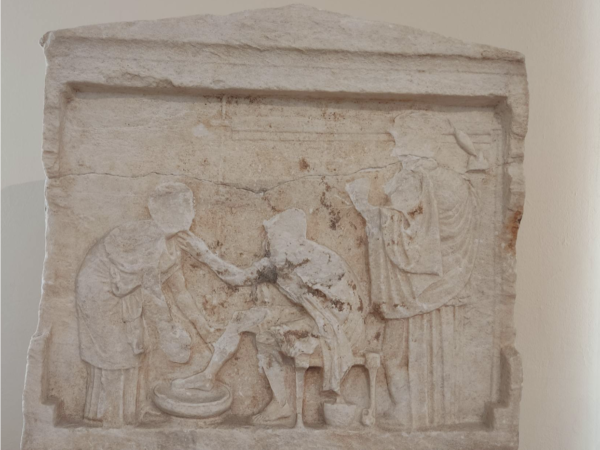
Ancient Greek Healers and the Therapeutic Relationship
Impressions from a guided tour at the National Archeological Museum of Athens The tour was about the healers in Ancient Greece, their methods and tools they used for healing from pre-historical times until the end of the ancient world. At least that was my impression because at the end of …
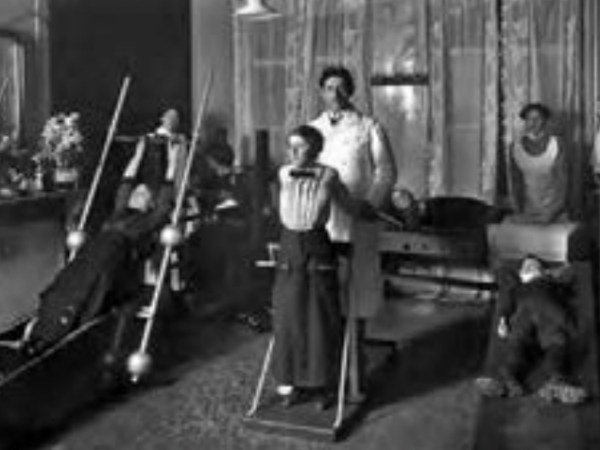
A Brief History of Physiotherapy in The Netherlands
Rise of Remedial Gymnastics and Massage in the 19th Century Physiotherapy, as it is now known, in the Netherlands has its origins in the first half of the 19th century. The forerunners were healing gymnasts and masseurs who came from Sweden and Germany. Initially separate professions with separate training, they …
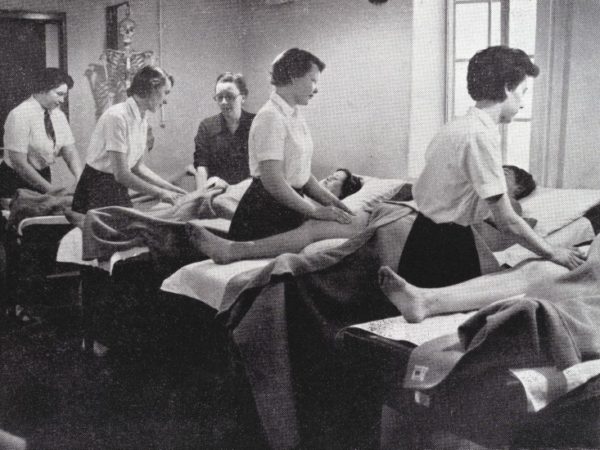
The process of physiotherapy professionalisation in the UK – Development of autonomy, Part IV
A Watershed in Professional Independence in the UK – The McMillan Report NOTE: Readers may be interested to know that Mr E.L. McMillan (Chairman of the McMillan working Party, in whose name the Report was published) was a patient of the author during the period that the working party was …

‘No sale of drugs’ – the problem of quack medicine
When the Society of Trained Masseuses (now the Chartered Society of Physiotherapy) was formed in the UK in 1894, its founders set out a number of rules for professional practice1. Although the massage scandals in the summer of 18942 had highlighted the need for a professional masseuse, the founders of the …
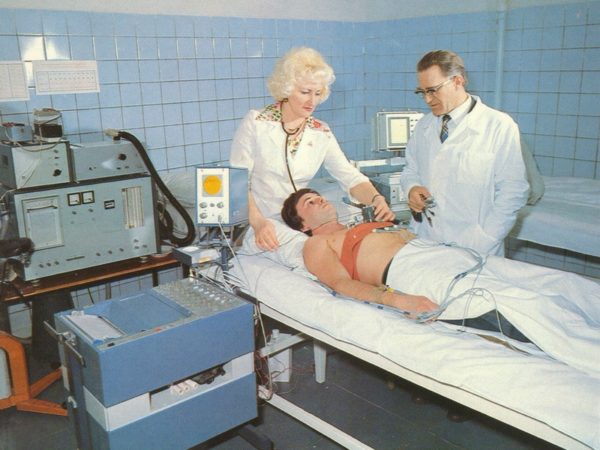
The process of physiotherapy professionalisation in the UK – Development of autonomy, Part III
In the late 1960s and early 1970s, Physiotherapy in the UK suffered several setbacks on the road to professional autonomy. This was very disappointing for physiotherapy in the UK, particularly given the developments which took place in the late 1950s and early 1960s with the advent of Government and public …
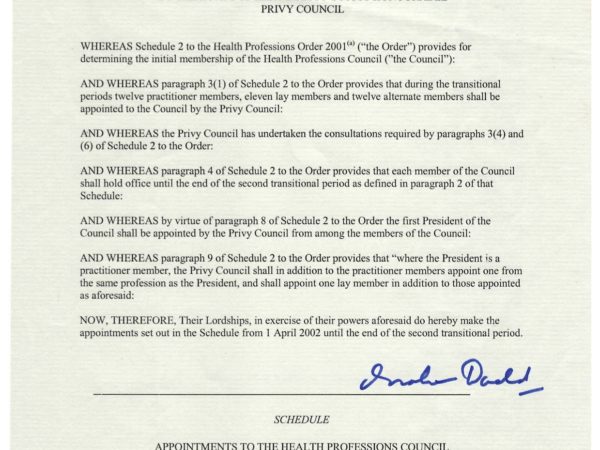
The process of physiotherapy professionalisation in the UK – Development of autonomy, Part II
Introduction¹ My previous contribution to IPHA articles (March 2020) presented an overview of the relationship between the medical profession and physiotherapy following the introduction of the National Health Service (NHS) in the UK exemplified through the Cope Report. This contribution continues the story via an overview of the development of …

The process of physiotherapy professionalisation in the UK – Development of autonomy, Part I
Notes on the relationship between physiotherapy and the medical profession in the early days of the National Health Service In the early days of the UK National Health Service (which came into being on 5thJuly, 1948) the influence of the medical profession in terms of the direction, prescription, education and …
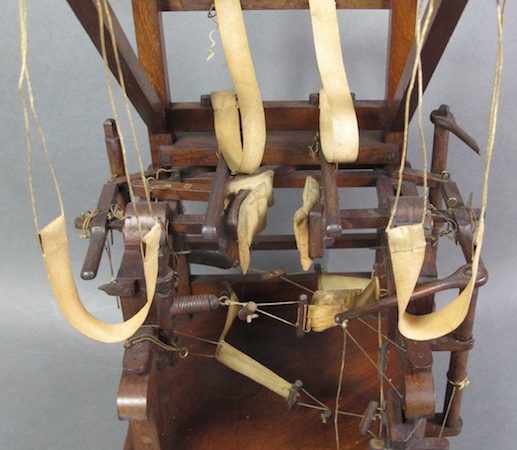
François Humbert – a pioneer of 19th century orthopaedics
Last week I had a series of email conversations with Axelle Mokry (www.senselab.ch), a Swiss physiotherapist who has for some time now been part of an association looking to research the work of French doctor François Humbert, who created the first orthopedic centre of France in 1817. Unlike many academics …

